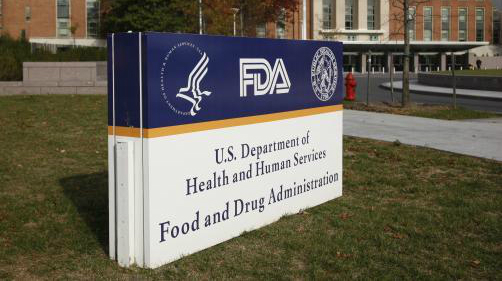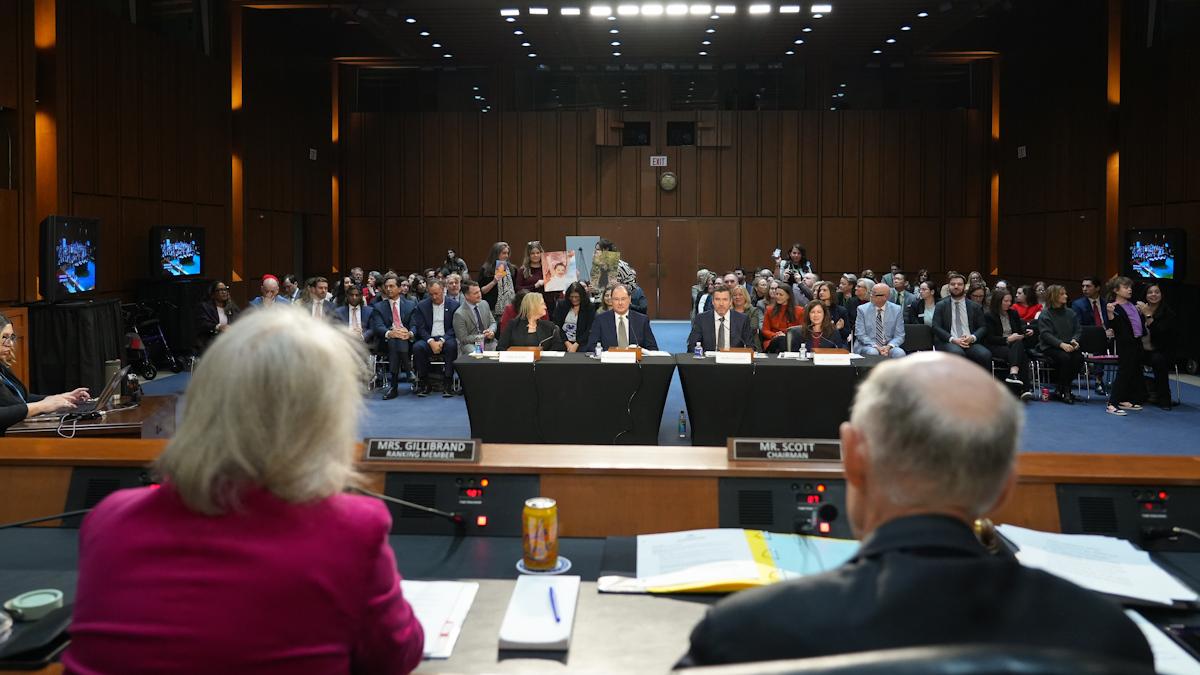Mallinckrodt’s liver disease drug terlipressin edges FDA advisory panel

An FDA advisory committee has narrowly voted in favour of approval of Mallinckrodt’s terlipressin for hepatorenal syndrome type 1 (HRS-1), after the agency questioned the findings of a phase 3 trial.
The US regulator doesn’t have to approve on the strength of the 8 to 7 vote, so the slim margin means the fate of terlipressin is still in doubt, more than a decade after the drug was first filed with the FDA as a treatment for the disease.
HRS-1 typically affects people with liver cirrhosis and is characterised by severe constriction of blood vessels in the kidney, leading to kidney failure.
That in turn allows toxins such as creatinine to build up in the body, causing damage to the liver and in 40% to 70% of cases leads to death within four weeks. It is estimated to affect between 30,000 and 40,000 Americans annually, and at the moment the only definitive treatment is a liver transplant.
Terlipressin is an analogue of the hormone vasopressin, which relaxes blood vessels, and in the phase 3 CONFIRM trial was able to reverse HRS-1 – reducing levels of creatinine below a pre-defined threshold – in 29% of patients compared to 16% in a matched placebo group.
The FDA briefing document published ahead of the advisory committee meeting shows that while the agency agreed to the definition of HRS-1 reversal as a surrogate market for efficacy, it wanted to see “favourable trends” on clinical outcomes as well to reinforce the drug is working as expected.
That might include improved rates of survival without renal replacement therapy (RRT) – such as dialysis or a kidney transplant – or how long they had to stay in intensive care.
For example, 20% of patients on terlipressin needed RRT 90 days after enrolment in the trial, compared to 45% of the placebo group, while RRT-free survival at that timepoint was 34% and 28%, respectively.
A number of the experts who voted against approval said they were unconvinced by data on those clinical outcomes in CONFIRM, particularly in light of added risk of side effects such as respiratory failure and sepsis which were seen more commonly with Mallinckrodt’s drug than placebo.
As is often the case in advisory committee meetings, the discussion centred on the way the data was analysed.
The FDA reviewer said for example that based on the data provided by Mallinckrodt, 80% of patients in the terlipressin arm who were admitted to intensive care died during the observation period, compared to 64% of the placebo arm.
Panellists who voted in favour of approval pointed to the massive need for an approved treatment for HRS-1, and also considered the approved use of terlipressin in this indication in dozens of other countries around the world, including much of Europe, Australia and New Zealand.
European guidelines recommend terlipressin plus albumin as a first-line treatment for HRS-1 patients.
The FDA now has the task of sifting through the committee’s comments and delivering a verdict on terlipressin by its action date of 12 September.
Mallinckrodt acquired terlipressin via the $2.3-billion purchase of Ikaria in 2015, inheriting a programme that was first submitted to the FDA in 2009 and rejected a few months later with a request for more clinical data.
A subsequent phase 3 trial called REVERSE showed a trend towards improvement with terlipressin but failed to reach statistical significance, prompting the start of the CONFIRM trial in 2016.
Mallinckrodt could do with some positive pipeline news at the moment, as it faces an expensive settlement – perhaps as much as $1.6 billion – to end litigation surrounding its alleged involvement in the opioid epidemic in the US.
The disruption caused by that ongoing liability issue caused the Ireland headquartered drugmaker to put plans to spin out its specialty generics business on hold last year.
Meanwhile, it is facing the prospect of generic competition to one of its top-selling drugs – INOmax (nitric oxide) – after losing an appeal in a patent litigation lawsuit last August.













